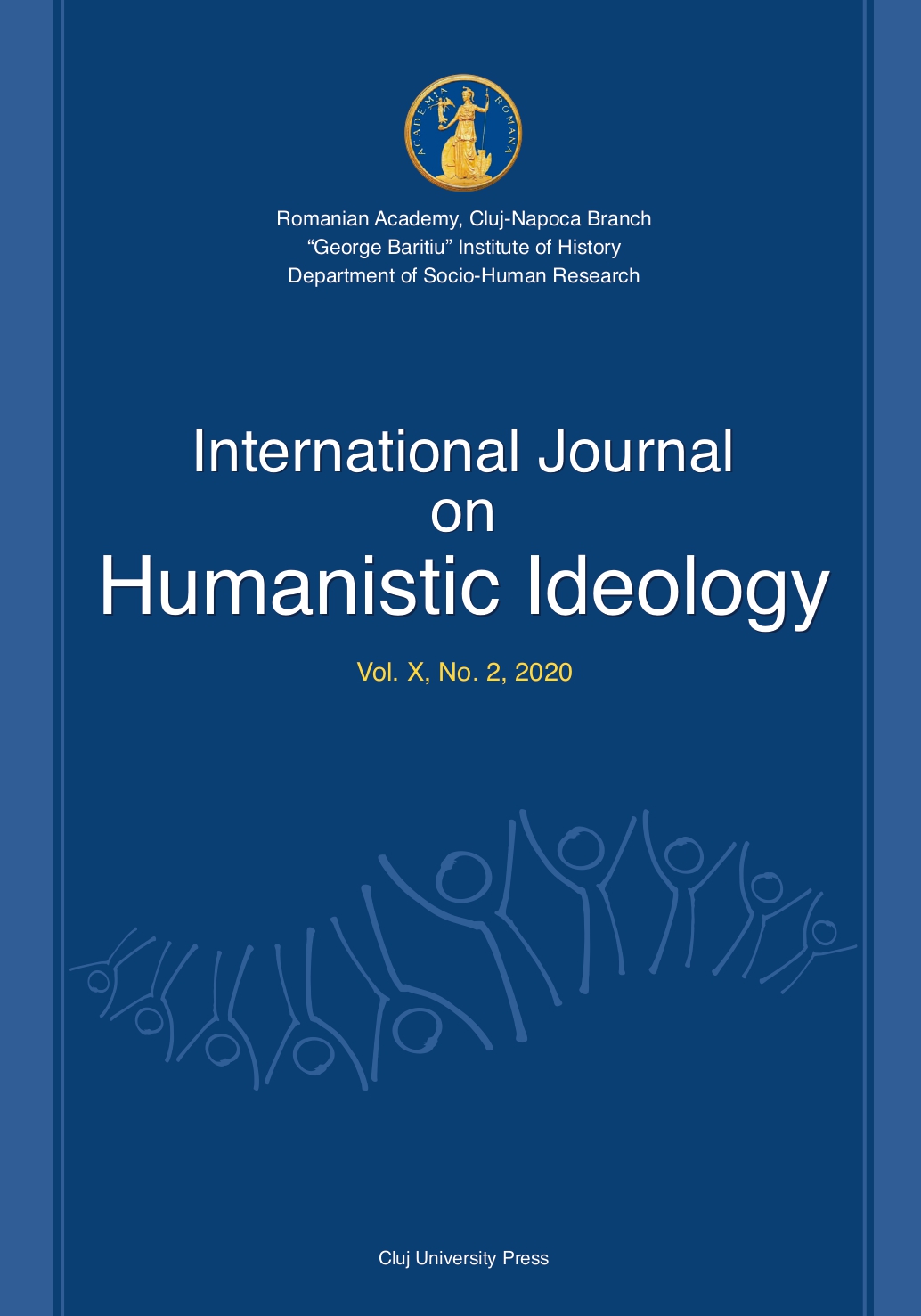Über Furcht und Angst bei Martin Heidegger
About Fear and Anxiety in Martin Heidegger’s Work
Author(s): Mara FischerSubject(s): Philosophy, Metaphysics, Existentialism, Phenomenology
Published by: Presa Universitara Clujeana
Keywords: mood; fear; conscience; temporality; be oneself; death; reversal; authenticity;
Summary/Abstract: In Sein und Zeit, as well as in his Was ist Metaphysik? lecture, Heidegger coined an unusual concept of fear. We call it unusual because, instead of a strictly negative connotated feeling, he sees in fear a chance of growth, as different possibilities of human existence may appear. “Freed” through fear, one can realize its own possibilities of existence and can authentically be oneself. This kind of existential fear may prove to be for the individual human being a fruitful self-confrontation. However, such a possibility only arises if the individual is ready to face several phenomena which confrunt him with his own finitude. In this context, are crucial for Heidegger’s analysis of fear the references to the call of conscience (i.e. the Gewissensruf), freedom, guilt, death and temporality.
Journal: International Journal on Humanistic Ideology
- Issue Year: X/2020
- Issue No: 2
- Page Range: 165-189
- Page Count: 25
- Language: German

